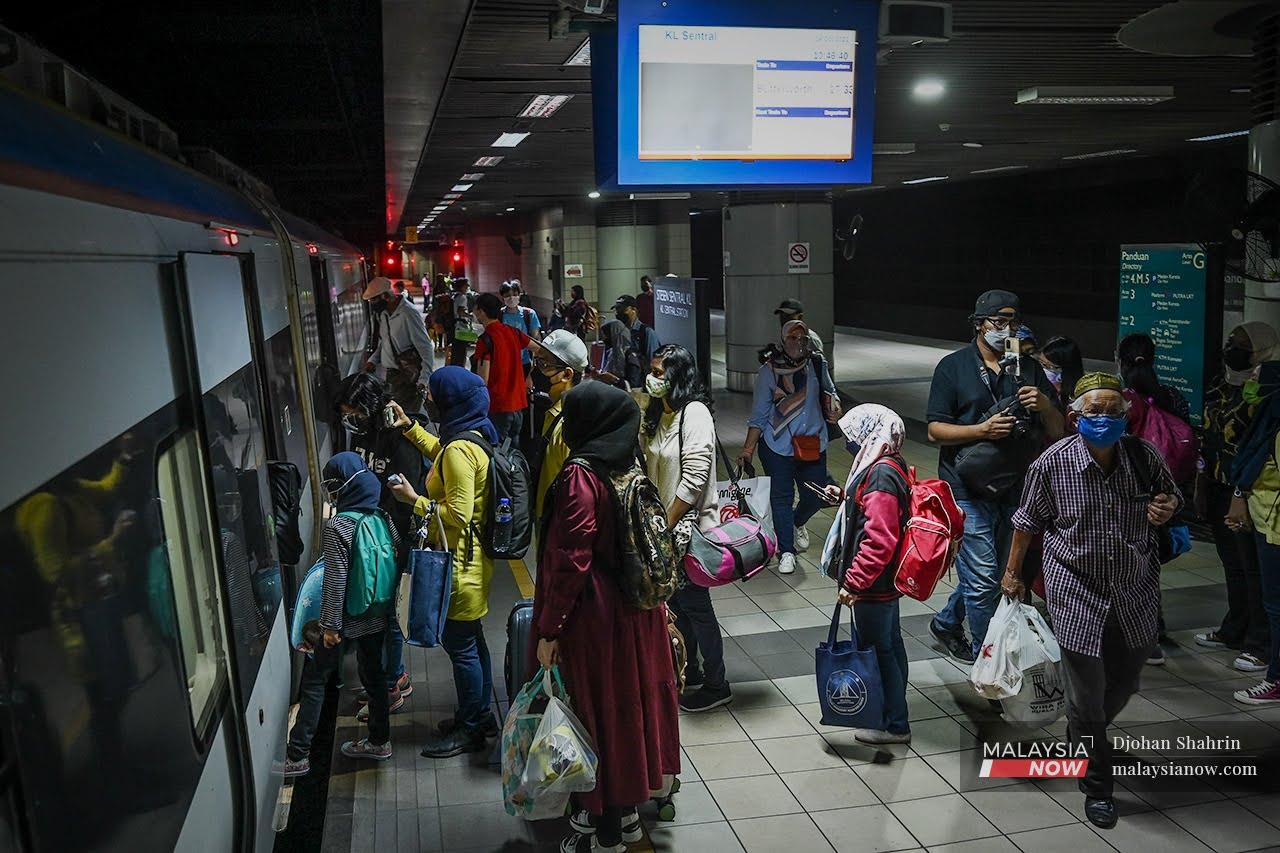Experts warn of Singapore-style virus spike if Malaysians get complacent
The people themselves must be part of the solution, not of the problem, they say.
Just In
Health experts have warned that the recent downtrend in daily Covid-19 infections is no guarantee that cases will not spike again, as was recently the case in Singapore after the city-state reopened its economy.
On Monday alone, Singapore posted 3,174 new infections and 14 virus-related deaths.
The republic’s spike in cases began after the government adopted a “living with Covid-19” approach in June, when daily infections hovered around 20 cases.
Other countries such as the UK and China are also facing a surge in cases, speaking calls by some for a return of restrictions on movements.
Dr Yahya Mat Arip, a virologist from Universiti Sains Malaysia, said Malaysia too might experience a new wave of Covid-19.
“The people need to realise that this could be a possibility if we do not pay attention to the ongoing efforts to keep the virus at bay, and begin behaving in a complacent manner,” he told MalaysiaNow.
“For the sake of the economy and the social sector, flexibility has been given to the people. The responsibility is now on the people themselves to continue complying with the SOPs.”
He added that the people could no longer complain about a “failed government” if they bring trouble upon themselves.
“We all have to be part of the solution and not the problem,” he said, urging the public not to let their guard down simply because of the drop in case numbers.
Health director-general Dr Noor Hisham Abdullah recently said that new infections had declined by 20.7% from 52,321 cases during the 41st epidemiology week to 41,508 in the 42nd.
He said the usage of ICU beds and death rate had also dropped in tandem with the decline in cases.
Cases involving the use of ICU beds went down 16.5% during the 42nd epidemiology week while cases requiring intubation dropped 14.4%.
The infectivity rate or R-naught value has remained stable at 0.88%.
Yahya said while the country appeared to be on the mend, it had yet to win the battle, adding that efforts must be continued to ensure that those who have not been vaccinated register for the National Covid-19 Immunisation Programme.
He gave the example of measles which took more than 10 years to bring under control once vaccinations began in the late 1960s, with results only seen in the 1980s.
Only 1,077 cases of measles were logged in 2019, and 478 in 2020.
“We should learn from that experience,” Yahya said.
“Compliance with preventive SOPs is important as even those who are fully vaccinated can still be infected and transmit the disease to others.
“It also takes time to build up immunity within the community,” he added.
Dr Sazaly Abu Bakar, director of the Tropical Infectious Diseases Research and Education Center, said whether Malaysia will experience another spike in cases depends on the number of people tested.
“If we only screen those who need hospital treatment, cases will drop until the baseline and then rise again as is happening in other countries,” he said.
While virus-related deaths might decline, he added, the number of cases including of long Covid, might not.
“Malaysia is now at the point where there are no restrictions on nearly all activities,” he said.
“So there’s not much that can be done anymore except to take care of your own family by adhering to SOPs.”
He also urged the health ministry to find a better way to treat patients in order to bring down the rate of Covid-19 deaths.
Subscribe to our newsletter
To be updated with all the latest news and analyses daily.
